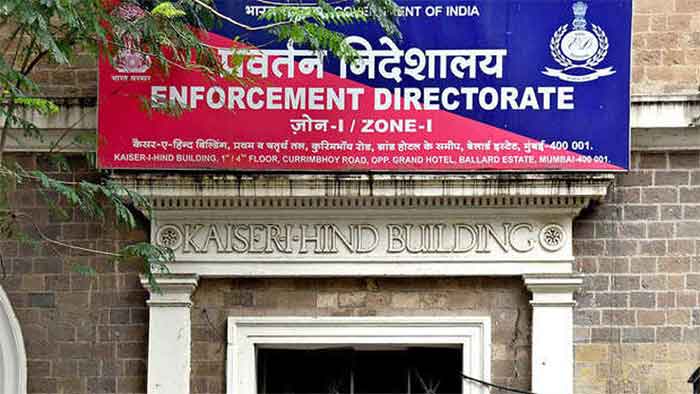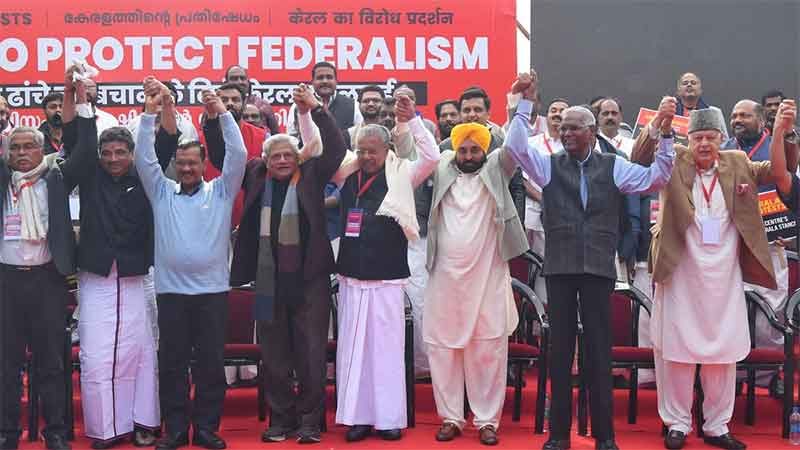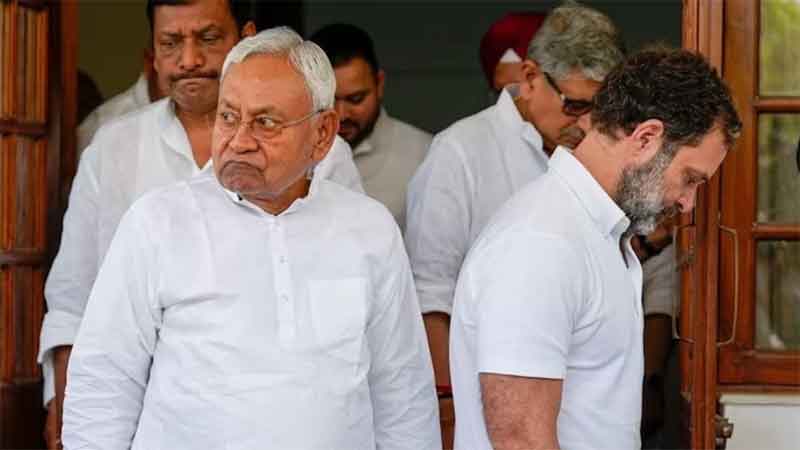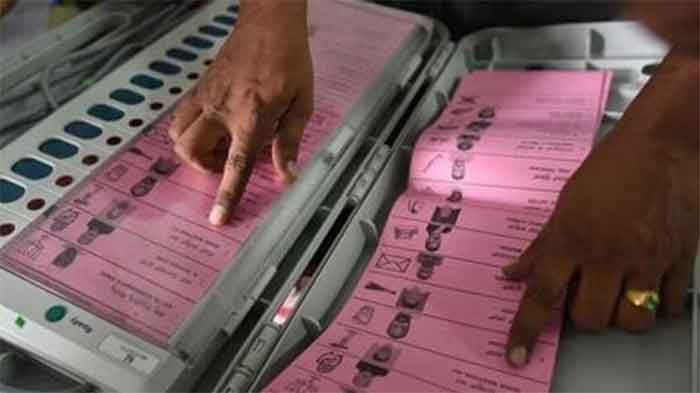
India is often referred to as a quasi-federal system as it embodies features of both federal and unitary systems, but successive governments with strong prime ministers at the centre and regional political parties in some states created a confrontational relationship on several fronts. The frequent incidents of Enforcement Directorate (ED) raids, Income Tax (IT) raids, and Central Bureau of Investigation (CBI) interrogations on opposition leaders, governors’ pro-active role in state affairs, issues of consent from the state government for making an investigation, etc. have always been heated arguments for federalism in India. On one hand, the run-up to the Lok Sabha election sees yet another round of central investigation agencies descending on opposition leaders in one case or another, and the timing of such raids is always questioned by many, raising grave doubts about its autonomy. On the other hand, the recent attack on four officers of the ED allegedly by the supporters of the Trinamool Congress while searching the house of a local leader in connection with an alleged food grain scam at Sandeshkhali in North 24-Parganas points out that India is moving towards competitive federalism rather than cooperative federalism, which is an alarming situation. Though, in 2022, the Supreme Court allowed the ED to conduct searches and seizures of property without a formal complaint in Prevention of Money Laundering Act (PMLA) cases, effectively presuming the accused person to be guilty.
The implication of federalism is the division of administrative, financial, and legislative powers between the Union and the States, whereas the implication of cooperative federalism is that the Union and the States cooperate with each other in the larger public interest and share horizontal relations. In recent years, opposition-ruled states claim federalism is at the crossroads because of the trust deficit with the centre on account of 4-fold jump in ED cases against politicians; 95% are from the opposition since 2014. Though overall raids carried out by the Enforcement Directorate during 2014–2022 saw a nearly 27-fold increase to 3,010 as compared to 112 searches between 2004 and 2014. Therefore, the debate begins with this argument: is ED a tool to investigate financial skulduggery or a stick to browbeat opposition leaders in India? On the other hand, in 2021, eight opposition states withdrew their general consent for investigation by the CBI, resulting in the agency requiring case-specific permission. In this context, there appears to be a shrinking trend toward cooperative federalism. This piece of writing deals with the threat to federalism in India in recent years on account of actions by the central agencies and controversies associated with the political vendetta, and the measures needed to revive federalism will be discussed.
Federalism is basically a dual-government system consisting of a central government and several states. Federalism is one of the pillars of the basic structure of the Constitution. Federalism is important for India, as people of different races and religions live there. The government has adopted a secular idea that was added to the Preamble through the 42nd Amendment Act, 1976. Whereas, Modi, as Chief Minister of Gujarat, was always an advocate of states being given greater autonomy and critical of the centre’s intrusion into the state’s domains. Though several other bills, policies, and amendments, such as three farm laws (which have now been repealed), the Banking Regulation (Amendment) Act 2020, the Government of the National Capital Territory Amendment Act 2021, the Indian Marine Fisheries Bill 2021, and the National Education Policy 2020, by the central government in recent times have also undermined the autonomy of the states, as alleged by the opposition parties,.
The responsibility for enforcing economic laws and fighting economic crime in India is entrusted to the Directorate of Enforcement (ED), which is the law enforcement agency and economic intelligence agency. In recent years, multiple ED raids, summonses, and arrests in cases linked to opposition leaders in poll-bound states have put a question mark on timing and the ruling party’s hidden agenda.
In 2021, just four days before the single-phase Tamil Nadu assembly elections, the Income Tax Department raided DMK chief M.K. Stalin’s daughter Senthamarai’s residence to unearth “cash distribution” based on “complaints and inputs”. Likewise, just over a month before the first of eight phases of polls in West Bengal, the CBI knocked at the door of Trinamool Congress Lok Sabha MP Abhishek Banerjee, party supremo and Bengal CM Mamata Banerjee’s nephew, to summon his wife and sister-in-law in a year-old case of coal theft. In 2021, just four days before the single-phase Tamil Nadu assembly elections, the Income Tax Department raided DMK chief M.K. Stalin’s daughter Senthamarai’s residence to unearth “cash distribution” based on “complaints and inputs.”.
In 2019, a month before the assembly polls in Maharashtra, the Enforcement Directorate registered an alleged money laundering case against Nationalist Congress Party chief Sharad Pawar and his nephew Ajit Pawar in connection with the Maharashtra State Cooperative Bank scam. In 2023, the ED raided the Jaipur and Sikar premises of the Pradesh Congress President of Rajasthan, Govind Singh Dotasra, in the last week of October, when he was busy campaigning. At the same time, chief minister Ashok Gehlot’s son, Vaibhav Gehlot, also received ED’s summons. The Enforcement Directorate (ED) has either raided, arrested, or summoned leaders from the opposition parties in Chhattisgarh, Rajasthan, Madhya Pradesh, and Telangana, four of the five states where polls were done. The question still remains the same: is the NDA government using the CBI, ED, or Income Tax departments for political battles, or is it opposition propaganda? Why is the Enforcement Directorate (ED) always in the news and often igniting the debate about the misuse of central agencies by the government? On one hand, the central government has been provided enough power through the Central Vigilance Commission (Amendment) Bill 2021 and the Delhi Special Police Establishment (Amendment) Bill 2021 to extend the tenure of the Chiefs of Enforcement Directorate (ED) and the Central Bureau of Investigation (CBI) up to five years, which would help in the speedy disposal of cases and bring down pendency. On the other hand, it may undermine the efficiency and autonomy of the agencies, as claimed by the opposition parties. Existing law governing the federal probe agency has “many limitations,” and there is a need to enact new legislation to define the status, functions, and powers of the central agencies.
To sum up, India ranked 85th out of 180 countries (score 40) in the Corruption Perceptions Index (CPI) 2021, released by Transparency International; therefore, there is a need to take strong, impartial steps to tackle corruption at all levels as per the United Nations Convention against Corruption, to which India is a signatory. Though the government of India is already committed to “zero tolerance against corruption” and has taken several measures to combat the challenges associated with corruption, It cannot be denied by saying that just before any election, central agencies, including the CBI, ED, and Income Tax Department, swing into action, but as time passes, nothing concrete comes of the investigations.
Dr. Ahmed Raza, Assistant Professor (MANUU Central University), Gachibowli, Hyderabad















































